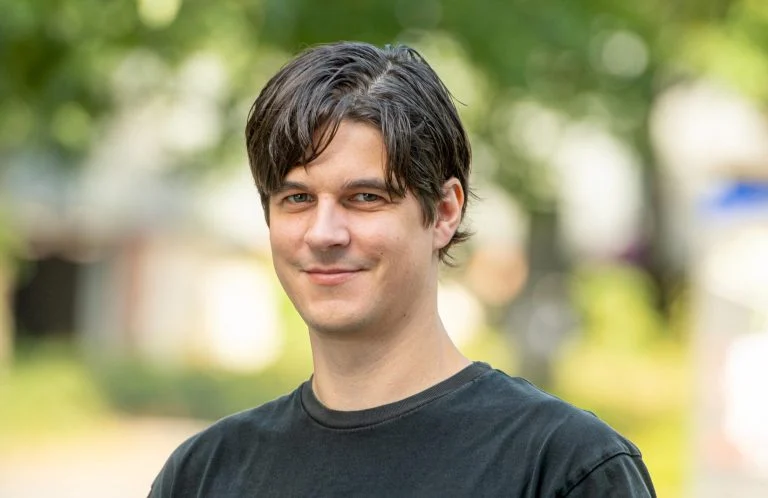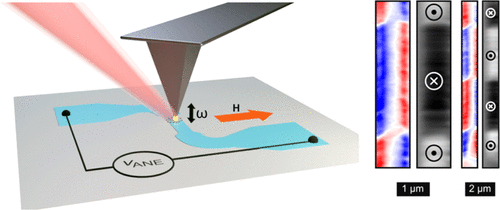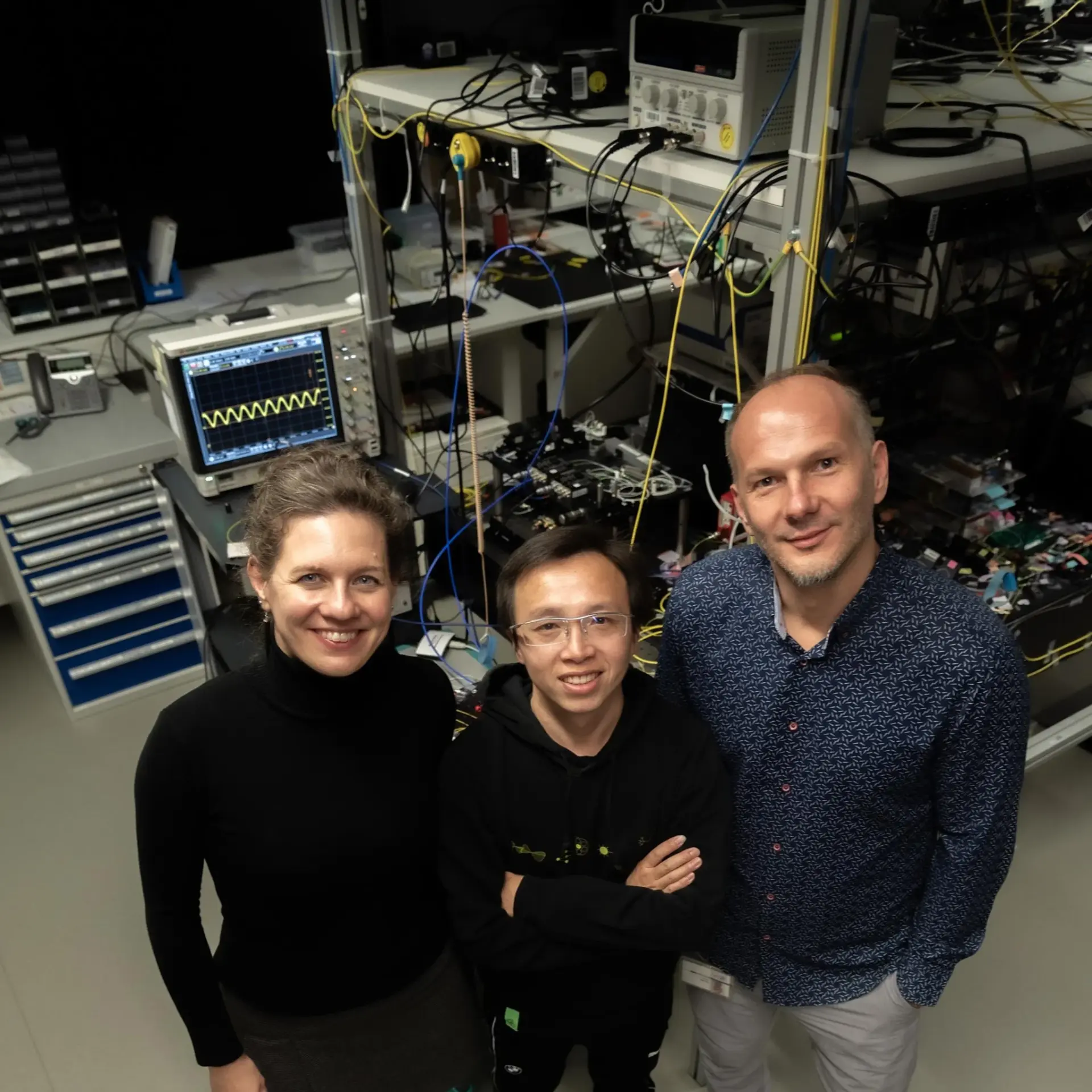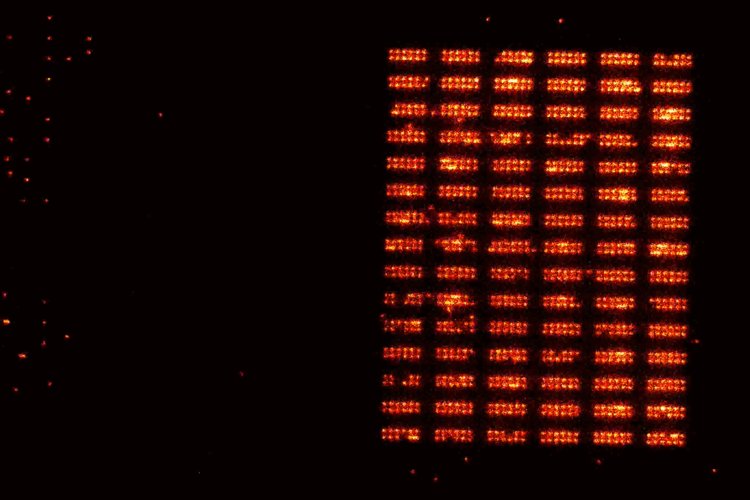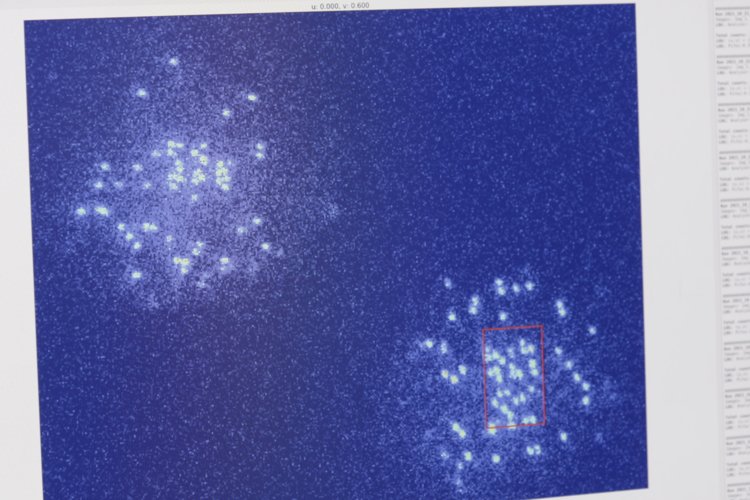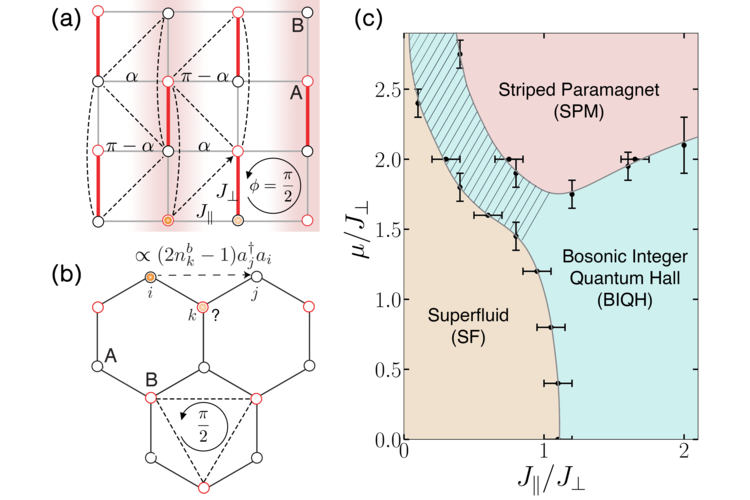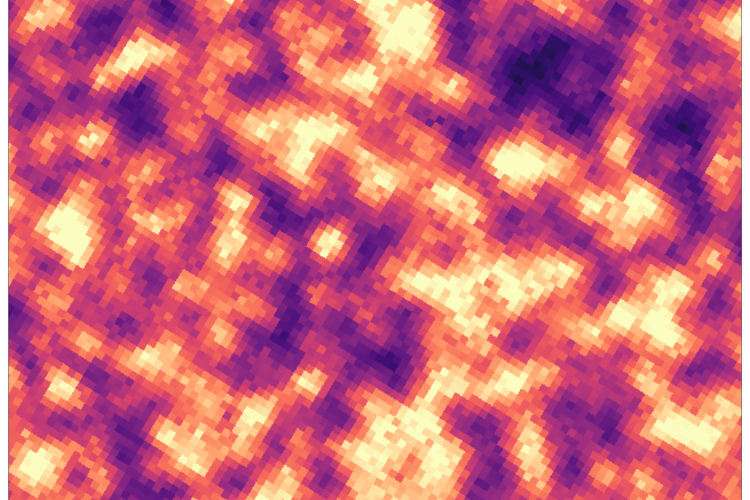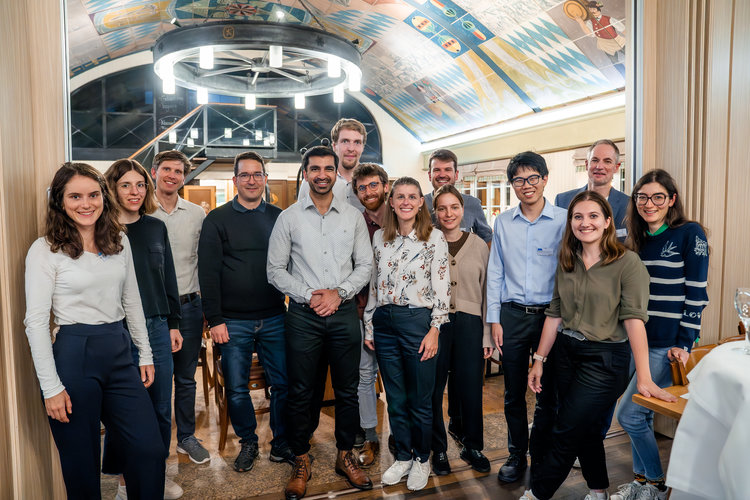Christian Schneider, a quantum physicist at the University of Oldenburg in Germany, has been awarded a prestigious European Research Council (ERC) Consolidator Grant of approximately two million euros for his groundbreaking research into two-dimensional materials […]
A Quantum Leap in Magnetic Imaging
Researchers from Martin Luther University Halle-Wittenberg (MLU) and the Max Planck Institute of Microstructure Physics in Halle have developed a groundbreaking method to analyze magnetic nanostructures with exceptional precision. This technique achieves a resolution of […]
Innovative Breakthrough in Entangling Light and Sound
Scientists at the Max Planck Institute for the Science of Light (MPL) have developed a groundbreaking method for quantum entanglement that pairs photons with acoustic phonons through Brillouin scattering, marking a significant advance in quantum […]
360 erbium ion Qubits in a crystal membrane
The rare-earth element erbium could play a key role in future quantum networks: Researchers from the Max Planck Institute of Quantum Optics (MPQ) and the Technical University of Munich (TUM), led by Andreas Reiserer, have […]
Quantum register reaches 1200 neutral atoms in continuous operation
A team of researchers from the Munich Quantum Valley, led by the Max Planck Institute of Quantum Optics in collaboration with the quantum computing start-up planqc, has succeeded in running a register of 1200 atoms […]
Quantum advantage in close sight: Quantum simulators show resilience to errors
Theorists have made a significant stride in the field of quantum computing. Their research addresses a long-standing question: can quantum computers really outperform classical computers in solving complex problems, despite the presence of errors? In […]
Quantum simulators show resilience to errors
Theorists at the Max Planck Institute of Quantum Optics have made a significant stride in the field of quantum computing. Their research addresses a long-standing question: can quantum computers really outperform classical computers in solving […]
Flux attachment for bosons on a lattice
Flux attachment provides a powerful conceptual framework for understanding certain forms of topological order, including most notably the fractional quantum Hall effect. Despite its ubiquitous use as a theoretical tool, directly realizing flux attachment in […]
Describing chaotic systems
Systems consisting of many small particles can be highly complex and chaotic – and yet some can still be described using simple theories. However, whether this also extends to the world of quantum physics has […]
First Quantum Talents Symposium in Munich
The Quantum Talents Symposium Munich is a joint initiative of the Max Planck Institute of Quantum Optics (MPQ), the Munich Center for Quantum Science and Technology (MCQST), the International Max Planck Research School for Quantum […]

